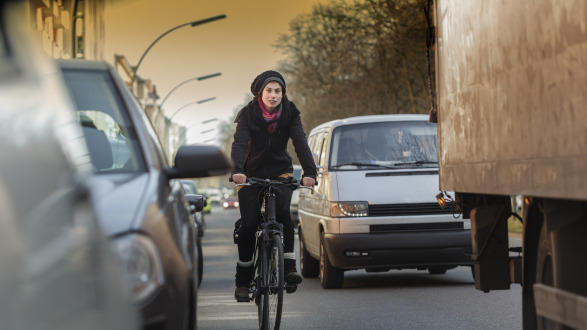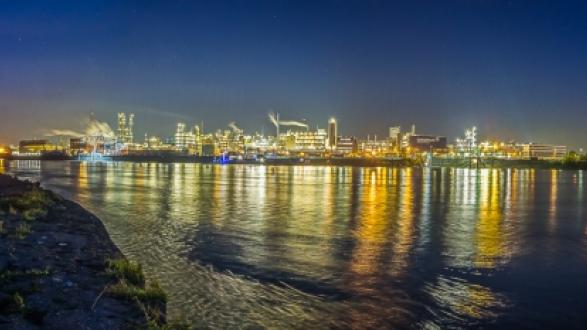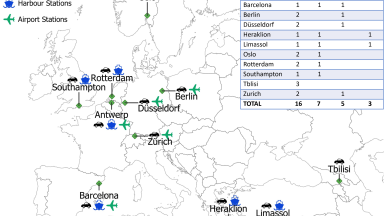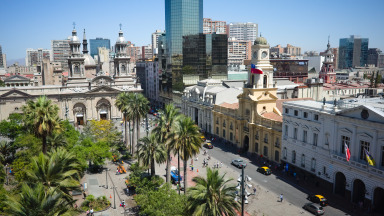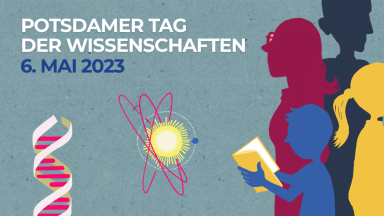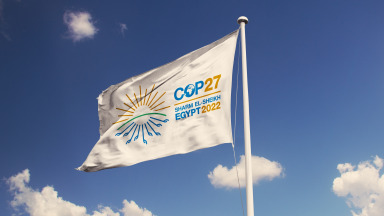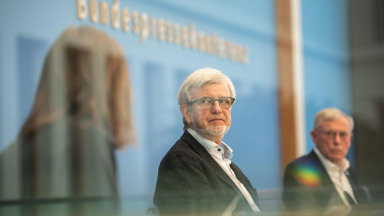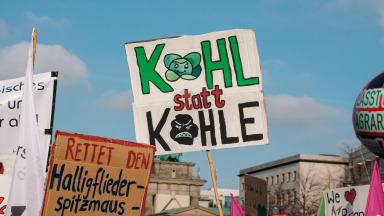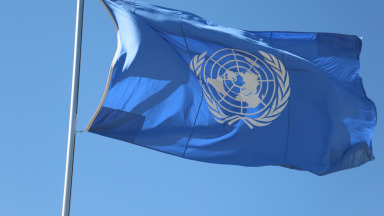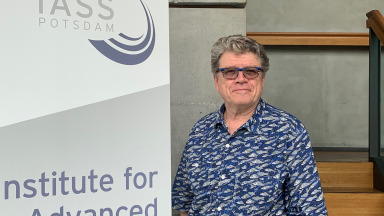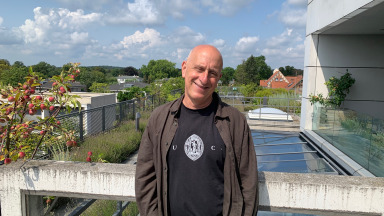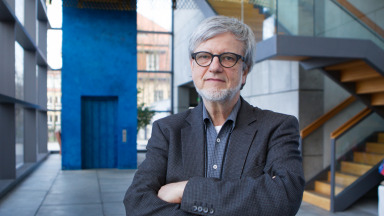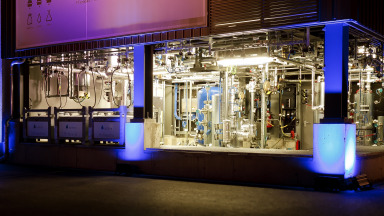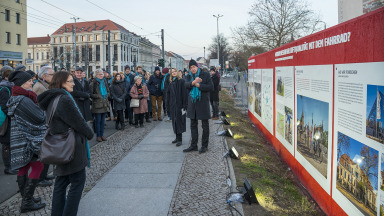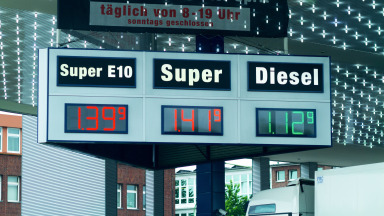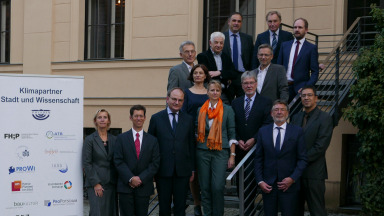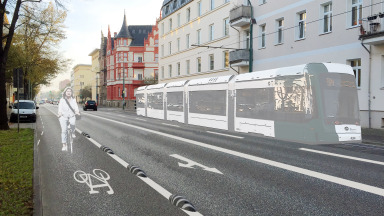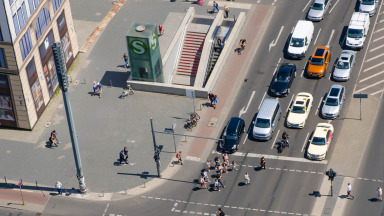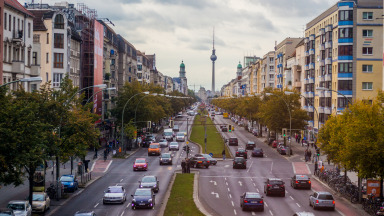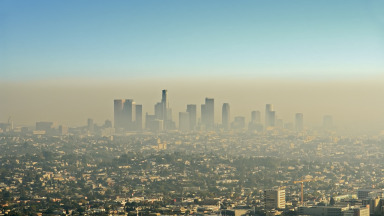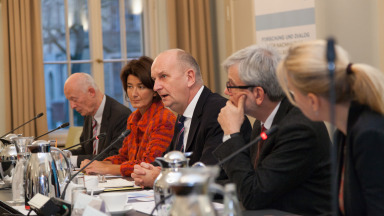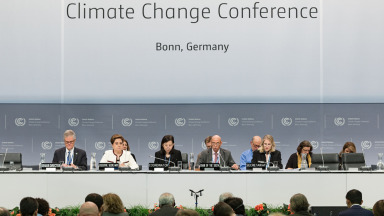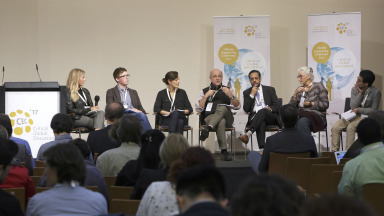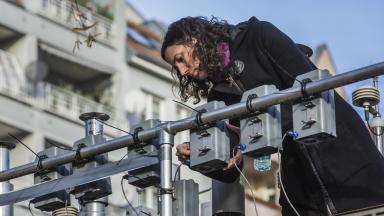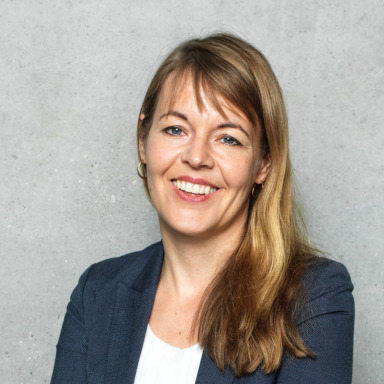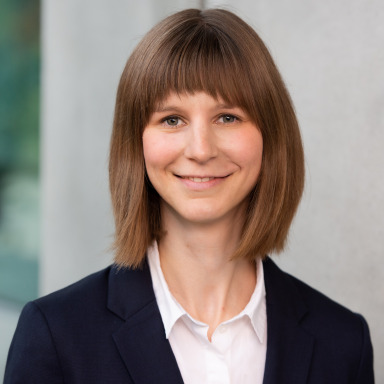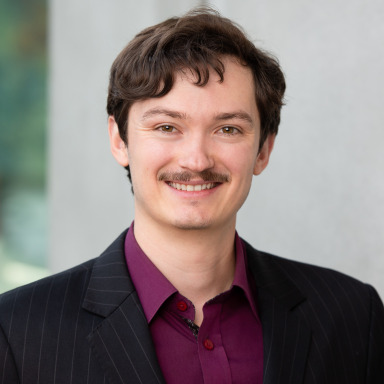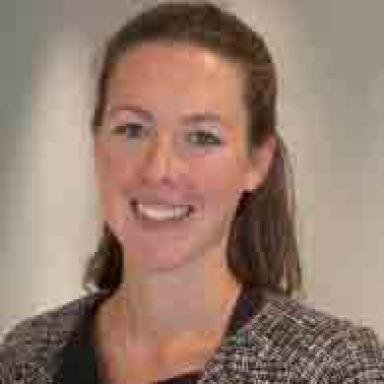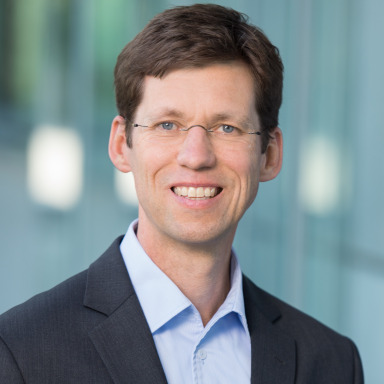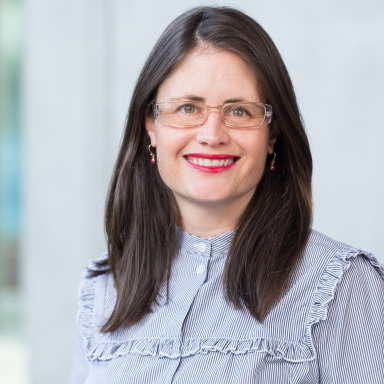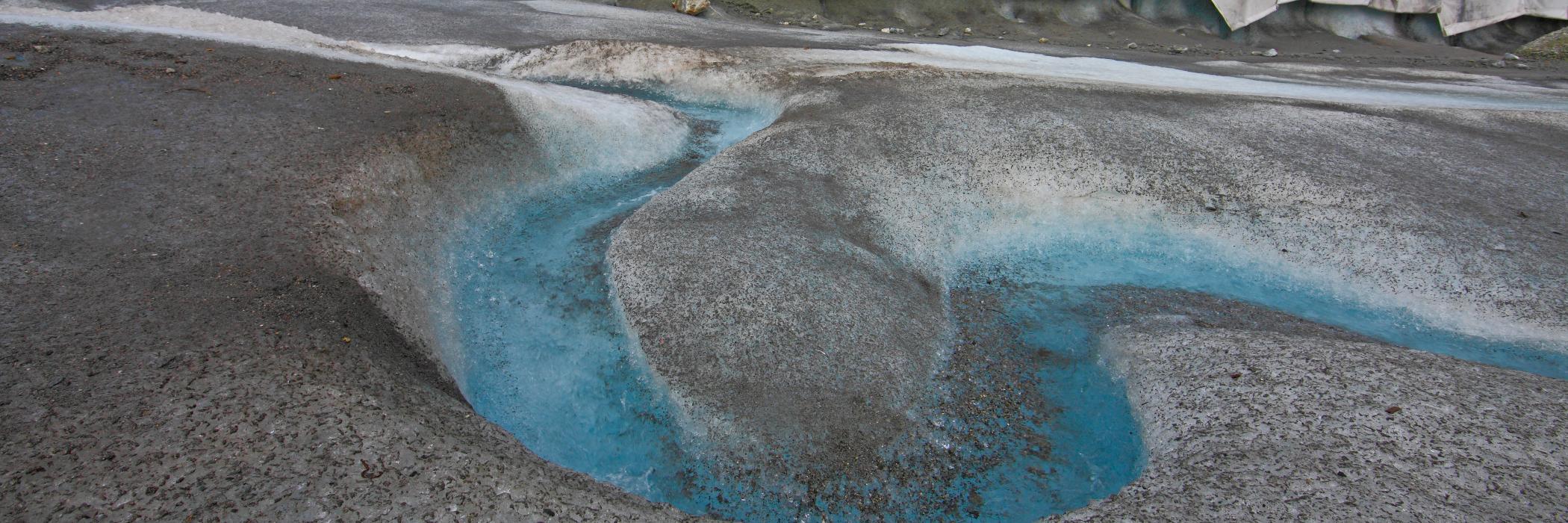 Climate change and air pollution are accelerating the pace of glacial retreat. In the Tyrolean Alps, parts of the Rettenbach glacier are covered with white fabric to reduce the rate of melting.
Frieder Blickle/laif
Climate change and air pollution are accelerating the pace of glacial retreat. In the Tyrolean Alps, parts of the Rettenbach glacier are covered with white fabric to reduce the rate of melting.
Frieder Blickle/laif
Headline:
Climate & Air Quality
Greenhouse gas emissions from human sources have increased dramatically since the dawn of the Industrial Revolution. This has led to a 40 per cent increase in the atmospheric concentration of CO2 since 1750. There is strong scientific consensus that climate change and its various effects, including global warming and rising sea levels, are driven by these processes. Key sources of greenhouse gas emissions are also often major sources of air pollutants such as ozone precursors and particulate matter. The World Health Organisation (WHO) estimates that air pollution is responsible for seven million premature deaths worldwide each year – and this figure is growing. In addition, climate change and air pollution both have severe impacts on agricultural production and consequently on food security. While distinct issues, there are many connections between climate change and air quality. Clearly, reducing greenhouse gas and air pollutant emissions is critical to curbing climate change and safeguarding human health and food security.
The IASS conducts research on climate policy as well as the sources and impacts of air pollution and strategies for its mitigation. Our work on air quality focuses primarily on urban areas, particularly in Europe and South Asia, and pays particular attention to the close link between air quality and climate change. The IASS also monitors, analyses and contributes to the implementation of two key policy processes at the international level: the Paris Climate Agreement and the work of the Climate and Clean Air Coalition (CCAC). Finally, researchers examine how technologies for removing greenhouse gases from the atmosphere or for increasing the reflection of sunlight away from Earth are entering science, society, and politics.

